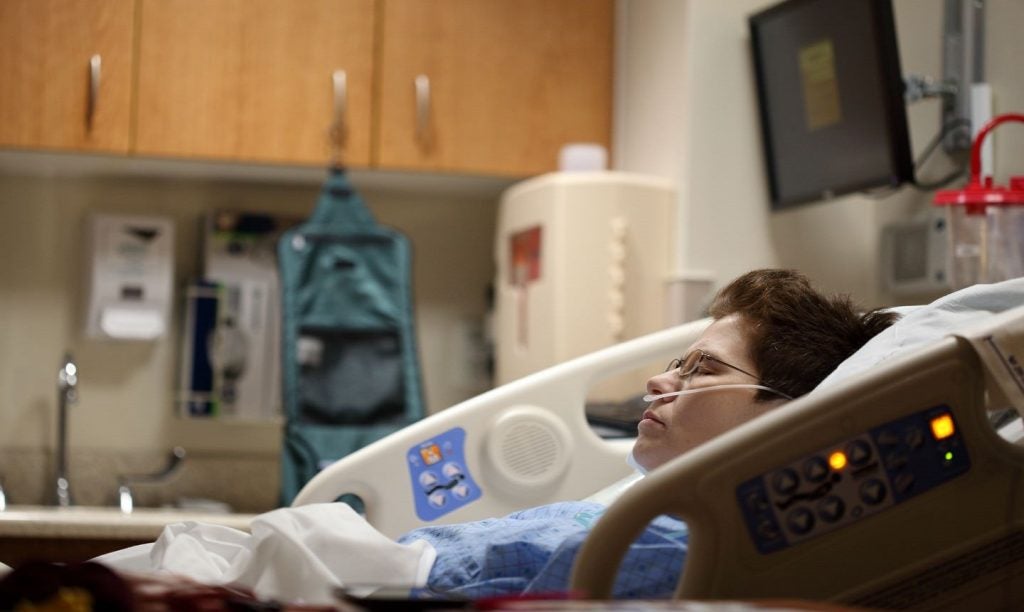Epineuron has enrolled the first patient in a trial investigating its PeriPulse device for the treatment of acute peripheral nerve injury.
The Ontario, Canada-based company plans to enrol a total of 110 patients across Canada and the US in the study called REGAIN, in what it calls the largest medical device study for nerve regeneration.
PeriPulse is a temporary peripheral nerve stimulation system. It delivers electrical impulses directly to the damaged nerve either during surgery or shortly after. The therapy works by promoting neurotrophic factors which activate growth-associated gene expression.
In the randomised, sham-controlled, double-blinded, multicentre study (NCT05721261) the US Food and Drug Administration (FDA) breakthrough designated device will deliver electrical stimulation as an hour-long, single dose near the site of nerve injury.
Epineuron will compare sensory recovery time after six months to a sham stimulation system. The company will also assess the number of adverse events.
Lead study investigator, Dr Ming Chan commented: “The first patient enrolment is an exciting milestone for Epineuron and witnessing the translation of scientific advancement from bench to bedside is truly remarkable. Our study team is eager to see the progress of the trial as it unfolds.”
According to GlobalData’s pipeline database, there are 54 peripheral nerve stimulator devices in various stages of development globally, with 26 of these in late stages of development.
In May 2020, Epineuron received funding from Ontario Centers for Excellence (OCE) and the Ontario Brain Institute (OBI).
In June 2023, the company was chosen as one of the top 50 startups to join the MedTech Innovator programme – an incubator to help accelerate medtech from startups.
















